Florian Uhlig - Schumann: Complete Works for Piano and Orchestra (2010)
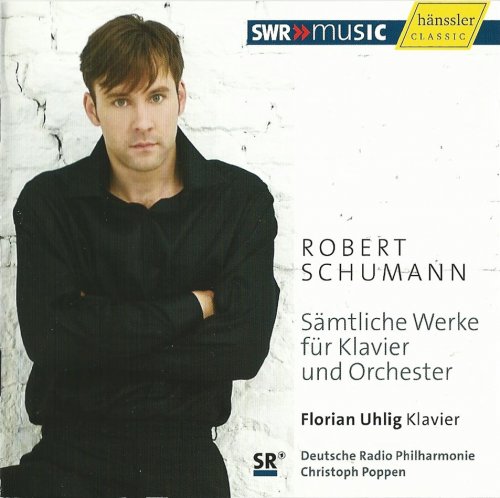
Artist: Florian Uhlig
Title: Schumann: Complete Works for Piano and Orchestra
Year Of Release: 2010
Label: Hänssler Classic
Genre: Classical
Quality: FLAC (image+.cue,log,scans)
Total Time: 01:14:34
Total Size: 324 Mb
WebSite: Album Preview
Tracklist: Title: Schumann: Complete Works for Piano and Orchestra
Year Of Release: 2010
Label: Hänssler Classic
Genre: Classical
Quality: FLAC (image+.cue,log,scans)
Total Time: 01:14:34
Total Size: 324 Mb
WebSite: Album Preview
01. Concerto Movement for Piano and Orchestra in D minor [0:06:37.19]
02. Abegg Variations - version for Piano and Orchestra [0:10:08.17]
03. Piano Concerto in A minor op.54 - I. Allegro affetuoso [0:13:19.39]
04. Piano Concerto in A minor op.54 - II. Intermezzo: Andante grazioso [0:05:15.65]
05. Piano Concerto in A minor op.54 - III. Allegro vivace [0:10:18.17]
06. Introduction and Allegro appassionato in G major op.92 [0:14:18.24]
07. Introduction and Allegro for Piano and Orchestra in D minor, op.134 [0:14:35.71]
Performers:
Florian Uhlig - piano
Deutsche Radio Philharmonie Saarbrücken Kaiserslauten
Christoph Poppen - conductor
This collection of Schumann’s “complete works for piano and orchestra” is more complete than usual, with the inclusion of two conjectural reconstructions: one from sketches, the other from a combination of sketches and a reworking of an existing solo piano piece. Excluded is the piano arrangement of the Konzertstück for four horns, which—Joachim Draheim’s excellent booklet notes are adamant—has no connection with Schumann, either Robert or Clara.
At 6:31, the Concerto Movement in D Minor (1839) is ultra-concise, concentrated to the point of under-development of its materials. But I was surprised at how much characteristically Schumannesque harmonic and contrapuntal invention it manages to pack in, not least in the memorably striding, bustling main thematic idea. There are also striking allusions to Don Giovanni (in the brief introduction), Schumann’s own “Der Dichter spricht” (the second theme), and his future A-Minor Piano Concerto (the cadenza). Uhlig’s performance is splendidly ardent, generating much excitement.
Joachim Draheim has fleshed out his piano-and-orchestra arrangement of the Abegg Variations with completions of Schumann’s sketches for an extended introduction and extra variation. His resetting of this familiar music is effective, exploiting possibilities for scherzando piano-and-orchestra interplay (Variation 1), adding color to contrapuntal lines, and playing off orchestral chordal textures and solo passagework (Finale). Schumann’s virtuoso solo writing is largely preserved intact, and Variation 2 is kept solo throughout. Uhlig’s performance is glittering, scintillating, with an authentically Schumannesque poetic feeling.
The two new works would alone justify purchase of the disc. While the Abegg arrangement has no competition, the Concerto Movement has been recorded by Jennifer Eley (Koch International Classics, in an enterprising collection of little-known fare by both Schumanns and both Mendelssohns; I have not heard it yet, but am now curious to). But how do the newcomers fare in the familiar “big three”?
Like a dream, as it turns out! Uhlig really sweeps the cobwebs from the Piano Concerto, in a galvanizing traversal without a hint of routine. The first movement is fresh, ardent, urgent, and phenomenally articulate—at 13:13, the fastest version I know (Argerich/Rabinovitch, from Lugano on EMI, come close at 13:37, but she is nowhere near her best form here, and her overwrought exaggerations are no match for the dashing élan of the newcomer). The Intermezzo is flowing and delicately pointed, with beautifully sensitive orchestral work. The finale goes with a wonderful snap and crackle, accents gleefully punched home, but always in the service of the larger shape of the phrase.
The two concert pieces are equally successful: The better-known op. 92 in G has the requisite surging, seething quality, the demanding passagework always molded with sinuous, flexible expression as well as chiseled clarity. In the late D-Minor work, with its very different style of piano writing—now of a Brahmsian weight and fullness—Uhlig throws himself into a performance of total commitment (hear his memorable response to the development section’s injunction to play “mit Kraft”). Conducting and orchestral work are alert, idiomatic, and technically expert throughout.
The main competition in the three major works comes from Perahia/Abbado/Berlin Philharmonic (Sony), and I’d certainly be sorry to lose them, for their patrician elegance and burnished glow. But I’d now be even sorrier to part with Uhlig/Poppen, for their technical aplomb, delicate poetic feeling, and volatile excitement in sharp primary colors. And that’s not even considering the new disc’s ostensible raison d’être, in the reconstructed pieces. This disc is a winner, and deserves to sell like the proverbial hotcakes. -- Boyd Pomeroy
At 6:31, the Concerto Movement in D Minor (1839) is ultra-concise, concentrated to the point of under-development of its materials. But I was surprised at how much characteristically Schumannesque harmonic and contrapuntal invention it manages to pack in, not least in the memorably striding, bustling main thematic idea. There are also striking allusions to Don Giovanni (in the brief introduction), Schumann’s own “Der Dichter spricht” (the second theme), and his future A-Minor Piano Concerto (the cadenza). Uhlig’s performance is splendidly ardent, generating much excitement.
Joachim Draheim has fleshed out his piano-and-orchestra arrangement of the Abegg Variations with completions of Schumann’s sketches for an extended introduction and extra variation. His resetting of this familiar music is effective, exploiting possibilities for scherzando piano-and-orchestra interplay (Variation 1), adding color to contrapuntal lines, and playing off orchestral chordal textures and solo passagework (Finale). Schumann’s virtuoso solo writing is largely preserved intact, and Variation 2 is kept solo throughout. Uhlig’s performance is glittering, scintillating, with an authentically Schumannesque poetic feeling.
The two new works would alone justify purchase of the disc. While the Abegg arrangement has no competition, the Concerto Movement has been recorded by Jennifer Eley (Koch International Classics, in an enterprising collection of little-known fare by both Schumanns and both Mendelssohns; I have not heard it yet, but am now curious to). But how do the newcomers fare in the familiar “big three”?
Like a dream, as it turns out! Uhlig really sweeps the cobwebs from the Piano Concerto, in a galvanizing traversal without a hint of routine. The first movement is fresh, ardent, urgent, and phenomenally articulate—at 13:13, the fastest version I know (Argerich/Rabinovitch, from Lugano on EMI, come close at 13:37, but she is nowhere near her best form here, and her overwrought exaggerations are no match for the dashing élan of the newcomer). The Intermezzo is flowing and delicately pointed, with beautifully sensitive orchestral work. The finale goes with a wonderful snap and crackle, accents gleefully punched home, but always in the service of the larger shape of the phrase.
The two concert pieces are equally successful: The better-known op. 92 in G has the requisite surging, seething quality, the demanding passagework always molded with sinuous, flexible expression as well as chiseled clarity. In the late D-Minor work, with its very different style of piano writing—now of a Brahmsian weight and fullness—Uhlig throws himself into a performance of total commitment (hear his memorable response to the development section’s injunction to play “mit Kraft”). Conducting and orchestral work are alert, idiomatic, and technically expert throughout.
The main competition in the three major works comes from Perahia/Abbado/Berlin Philharmonic (Sony), and I’d certainly be sorry to lose them, for their patrician elegance and burnished glow. But I’d now be even sorrier to part with Uhlig/Poppen, for their technical aplomb, delicate poetic feeling, and volatile excitement in sharp primary colors. And that’s not even considering the new disc’s ostensible raison d’être, in the reconstructed pieces. This disc is a winner, and deserves to sell like the proverbial hotcakes. -- Boyd Pomeroy
DOWNLOAD FROM ISRA.CLOUD
Florian Uhlig Schumann Complete Works for Piano and Orchestra 10 2509.rar - 324.2 MB
Florian Uhlig Schumann Complete Works for Piano and Orchestra 10 2509.rar - 324.2 MB
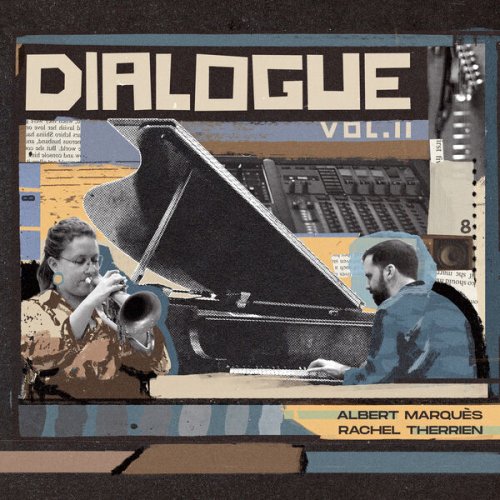
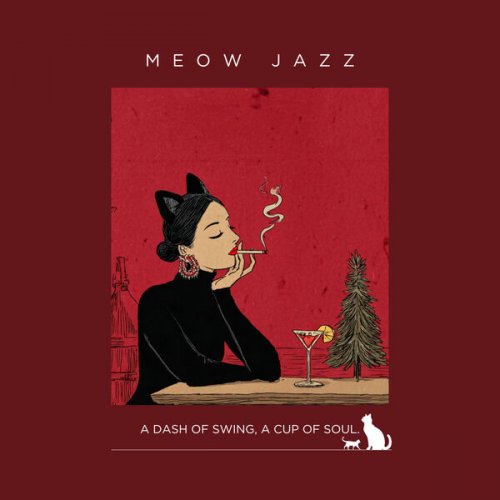
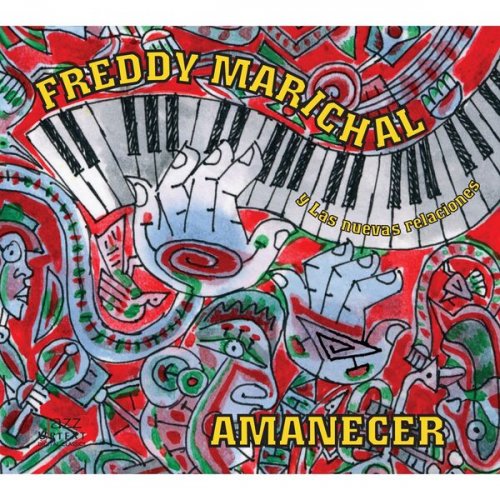
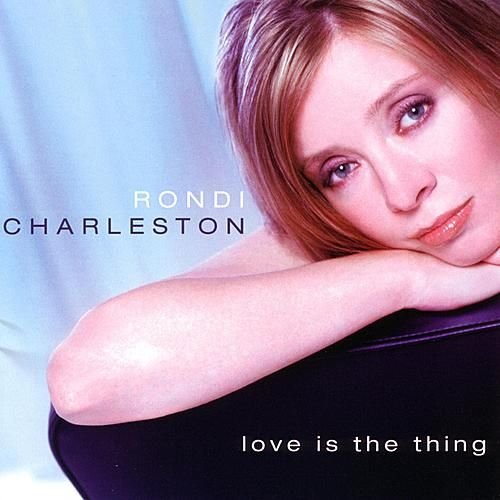
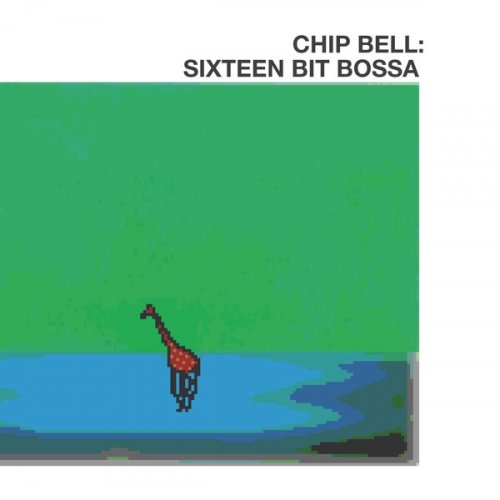
![Putumayo - French Bossa Nova by Putumayo (2026) [Hi-Res] Putumayo - French Bossa Nova by Putumayo (2026) [Hi-Res]](https://www.dibpic.com/uploads/posts/2026-01/1769675125_a0958635985_10.jpg)

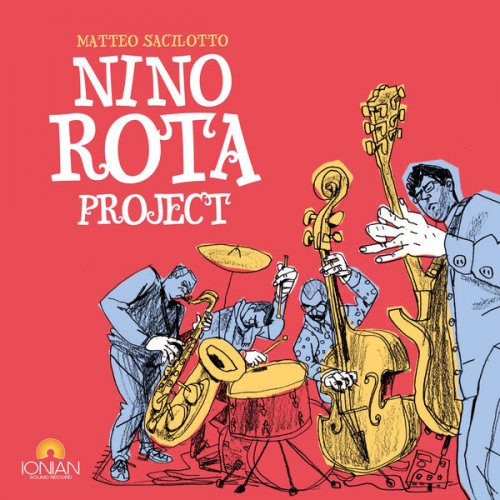
![Wes Montgomery - Bumpin’ (1965/2026) [Hi-Res] Wes Montgomery - Bumpin’ (1965/2026) [Hi-Res]](https://www.dibpic.com/uploads/posts/2026-01/1769712563_cover.jpg)